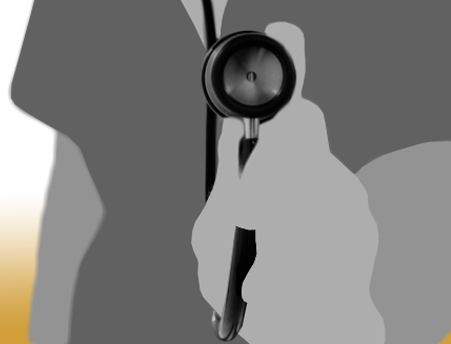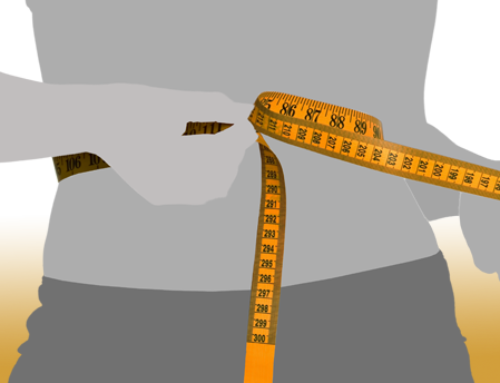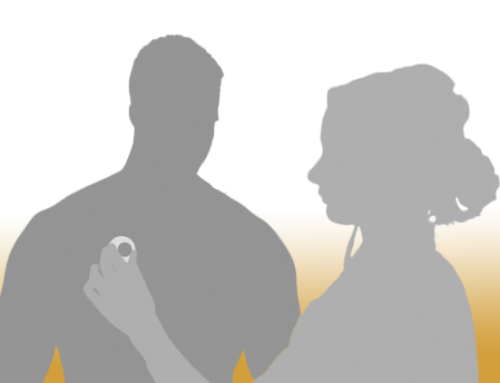It often seems appealing to lose weight quickly. For many of us, it’s easier to think about severely restricting what we do to see rapid gains in a short period of time, than it is to think about making long-term sustainable life changes. But rapid weight-loss – especially the sort that we commonly call “crash” dieting – is not without risk. Some of these risks are:
Gallstones
The gallbladder is a small organ that lives right below your liver. It stores a liquid substance called bile that helps you to break down fat when you eat it. Rapid weight loss with the Crash diet can significantly increase the risk of forming gallstones. Up to 25 percent of individuals who use diets that are very low in calories (800 or less) develop gallstones.
Loss of Lean Body Mass
When someone loses a lot of weight, some part of that weight is always likely to be lean body mass (muscle and bone) rather than fat. Following strict dietary protocols under the supervision of a health professional can help to minimize this process.
Poor Nutrition
We get our nutrition (protein, fats, vitamins, minerals etc.) from the food we eat. For an important set of nutrients (those that we call essential) we have to get them in minimum amounts each and every day to assure good health. Some crash diets may severely restrict the types of food people eat making it more challenging to get complete nutrition.
The Rebound Effect
When you lose weight, one of the hardest things to do is to keep it off. When you drastically reduce calories, even if you need to lose weight, your body thinks you are starving. As a protective mechanism, your body slows your metabolism – but this makes it harder to keep losing weight.
Conclusions
While it may seem tempting to engage in dramatic and rapid weight-loss, it’s not something that you should do on your own. Medically supervised diets can provide the appropriate safety measures to protect you while you lose weight, monitor your health for side effects, and help to assure your safety.




